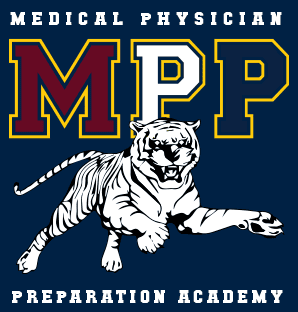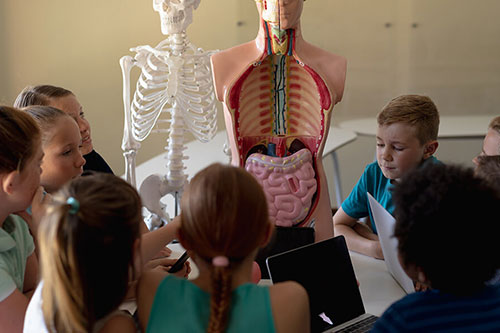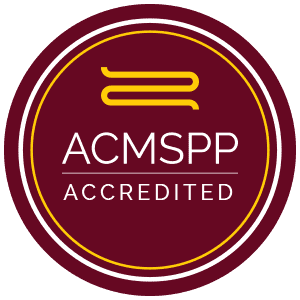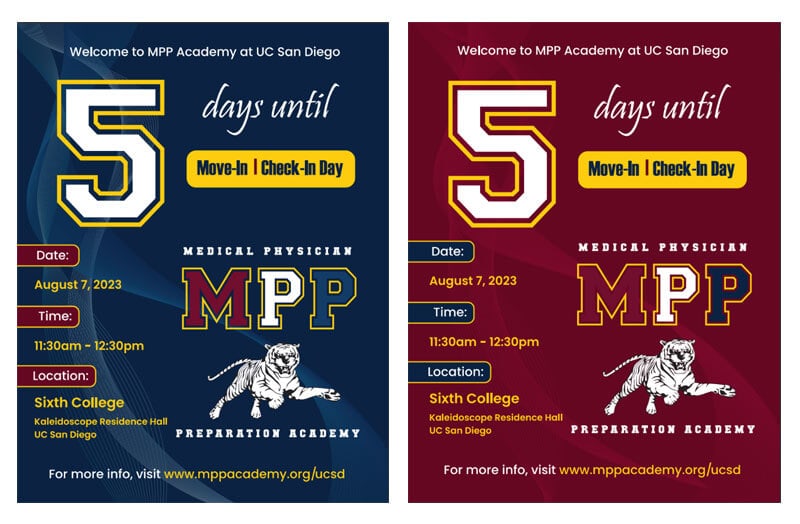As racial and ethnic diversity in the United States (U.S.) population continues to increase, the physician workforce has been relatively slow to follow (Xierali et al, 2018). The American Association of Medical Colleges (AAMC) estimates that by 2032, the U.S. will see a physician shortage of nearly 122,000 doctors because a large cohort of physicians over age 65 are retiring (AAMC Physician Shortages). These shortages will be felt most acutely in underserved communities across the nation (AAMC Physician Shortages). To properly address the racial disparities in our healthcare system, it’s crucial that we build a more diverse pipeline of medical students.
Underrepresented minority students (URM) experience a higher occurrence of dropout in the premedical pathway compared to their non-URM counterparts. A study conducted at Stanford found approximately 22% of the incoming class expressed an interest in pre-med, and approximately 30% of these students were URM. Based on this study it was determined that 50% of URM students dropped out of pre-med, compared to 17% of non-URM students (Barr et al, 2008). Another study used a College Board dataset to analyze 15,442 students spanning 102 institutions who began their post-secondary education in years between 2006 and 2009.
This study found that the rate of fulfilling prerequisites among those with the intention of pursuing pre-medical studies was lowest in Hispanic and Black students. This study also found that there were meaningful differences between those who fulfilled the pre-medical prerequisites and those who did not fulfill the pre-medical prerequisites. Those who completed the pre-medical prerequisites typically reported a higher GPA, both in high school and all four years of college; scored higher on the SAT-Combined, with the largest difference in the Math section; reported a higher socioeconomic status, and in cases where it was available obtained higher grades in Advanced Placement (AP) courses, including AP Biology, AP Chemistry, and AP Physics B and C (Zhang et al, 2020).
The MPP Academy is committed to contributing to a culture of health and promoting diversity in health care by increasing the racial and ethnic composition of the medical physician work- force through our pre-professional and pipeline program. The academy focuses on creating diverse applicant pools and increasing the number of underrepresented minority and disadvantaged students who are prepared to enter and graduate from medical school, which strengthens not only the workforce but also the medical care for generations of Americans and our global community. In addition, the academy offers the medical community an opportunity to engage diverse talent while supporting their career development.




















